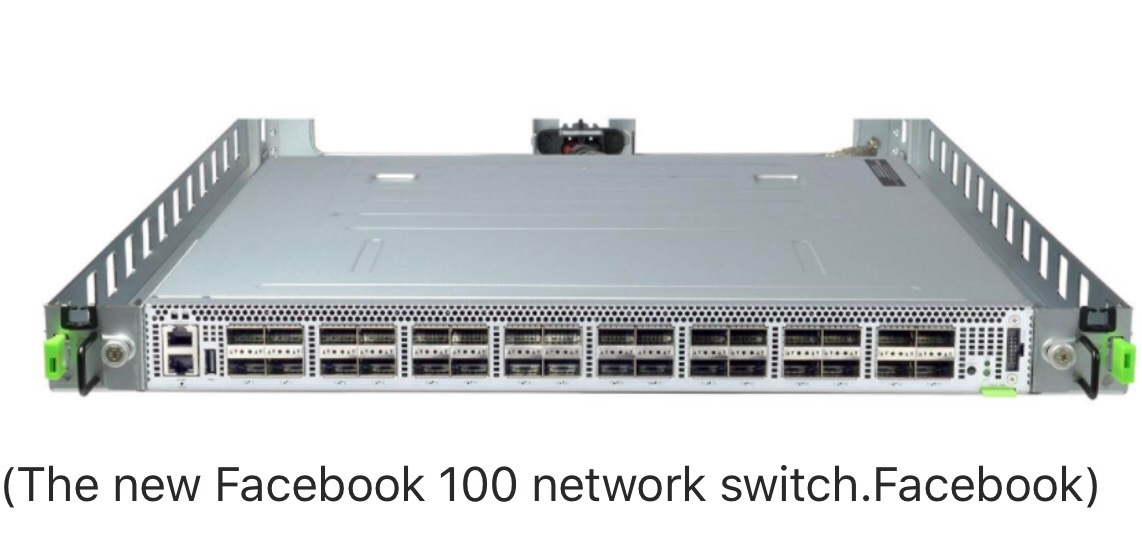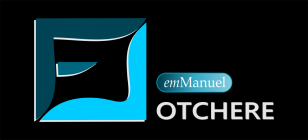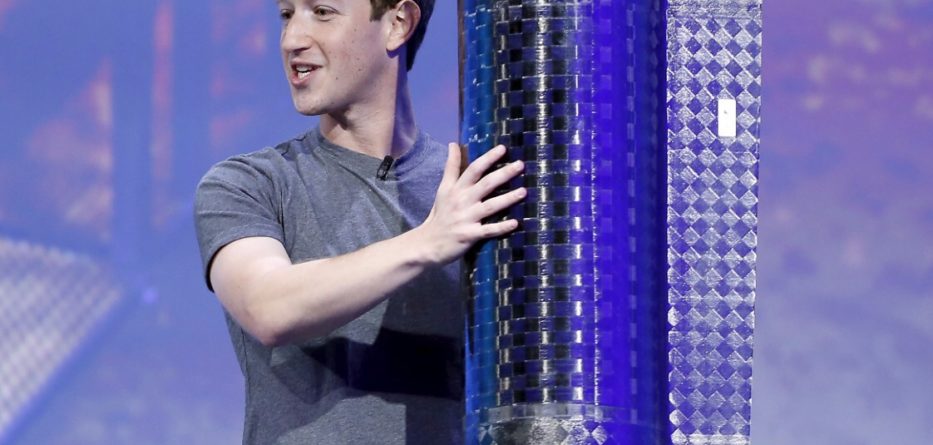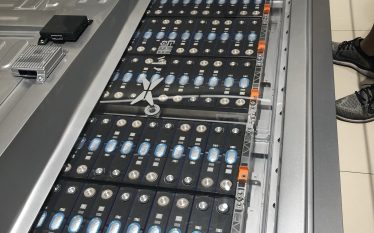 Its second-generation computer network switch, called the Wedge 100, is now available for purchase though Chinese contract manufacturer Edgecore (owned by Accton Technology).That’s the same company that manufacturers the Facebook-designed switch for Facebook’s own internal use.
Its second-generation computer network switch, called the Wedge 100, is now available for purchase though Chinese contract manufacturer Edgecore (owned by Accton Technology).That’s the same company that manufacturers the Facebook-designed switch for Facebook’s own internal use.
This is a superfast 100G switch, and could be something that many other big companies — and certainly other internet companies — will want to buy.
While Facebook isn’t a direct competitor to Cisco — it’s giving away the switch design for free, not making money on it — it is doing something perhaps even more astounding: It has created an entire ecosystem of companies that are, collectively, taking on Cisco, which owns 59% of the market, according to IDC.
This is all part of Facebook’s Open Compute Project, or OCP — arguably one of Facebook’s most important technology projects.
Joining the ‘cult’
“OCP has a cultlike following,” one person with knowledge of the situation told Business Insider. “The whole industry, internet companies, vendors, and enterprises are monitoring OCP.”
OCP aims to do for computer hardware what the Linux operating system did for software: make it open-source so anyone can take the designs for free and modify them, with contract manufacturers standing by to build them.
OCP allows the world’s best hardware engineers to collaborate and work openly together “without fear of transferring” their company’s secrets, this person said.
In its six years, OCP has grown into a global entity, with board members from Facebook, Goldman Sachs, Intel, and Microsoft. Famed network engineer Andy Bechtolsheim is also on the board. (Bechtolsheim is a cofounder of Cisco’s arch enemy, Arista Networks. He famously seed-funded Google with Arista’s other founder, David Cheriton.) OCP conferences draw in tens of thousands of people.
In fact, there’s a well-known story among OCP insiders that demonstrates this phenomenon. It involves Apple’s networking team.
Jason Forrester SnapRoute(Jason Forrester, founder and CEO of SnapRoute.SnapRoute)
This team was responsible for building a network at Apple that was so reliable it would never go down. Not rarely — never.
Think about it: When was the last time iTunes or Siri or Apple Maps was offline?
Building a 100% reliable network to meet Apple’s exacting standards was no easy task.
Instead of going it alone under Apple’s legendary secrecy, the Apple networking team wanted to participate in the OCP revolution, contributing and receiving help.
But when the Apple team asked to join OCP, Apple said no.
“The whole team quit the same week,” this person told us.
Shortly afterward, Apple publicly joined OCP. But that was too late for the engineers who quit.
Instead, they founded a startup called SnapRoute, led by Jason Forrester, the former team leader. While Forrester declined to talk to us for this article, SnapRoute’s website hints at the story.
“Slowly, our desire to share our ideas with the world began to overshadow the thrill and pride of working for Apple. My team and I left in 2015,” he wrote. “Truth be told, I spent a few days crying on the couch. My mood only improved when we began to test our ideas with potential customers.”
While Facebook also gives away the software it designed to run its new switch as an open-source project, a whole list of startups and a few established players are standing by to sell commercial software that works with and improves upon the Facebook switch. That’s the whole point of doing this open-source.
For the Wedge 100, the list includes Big Switch Networks, Linux maker Ubuntu, and Apstra, the new startup from Cheriton, a billionaire Stanford professor. (Cheriton left Arista in 2014 and sued it over some disputed technology, though he is still a major shareholder.)
And the list includes that tiny startup, SnapRoute.
Word is that SnapRoute already has an impressive roster of customers, although it’s not alone in attacking this software-defined networking market. Hewlett Packard Enterprise and Arista, both OCP members, have partnered on it. And Microsoft, an OCP board member, is working on something called Azure Stack.
Meanwhile, Facebook will soon be upping its assault on Cisco by releasing an even faster piece of optical networking equipment currently in development, Jason Taylor, Facebook’s vice president of infrastructure, told Business Insider last year.
Who knows what kinds of startups — or rebellions — that piece of equipment will inspire?
Apple could not be reached for comment.
(Source: Stephen Lam/Reuters)






